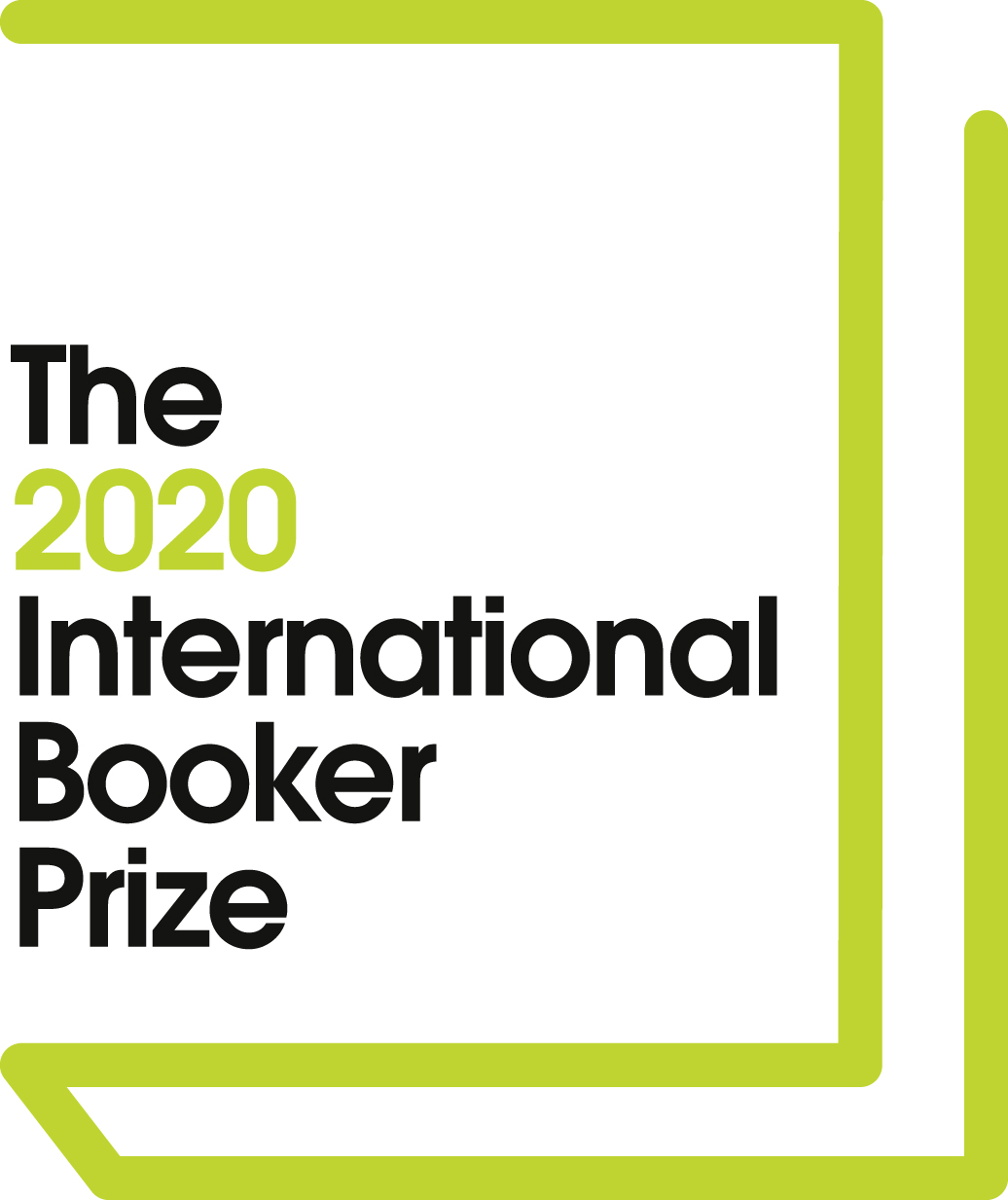

And whereas the Tyll of the original German chapbooks is a one-dimensional provocateur, in the novel he becomes a fully realised character whose ability to see through the cant of his era has been bought at terrible personal cost. He stands at an angle to his era: in it, but never fully of it, looking at everything with a beady, mocking eye, like an avatar for a sceptical modern sensibility. In this bleak world, the figure of Tyll himself is a tonic both to the audiences he entertains and to the reader. a very funny novel, too, with a Monty Pythonesque fascination for absurd hierarchies, court protocol and the status games played by egotistical participants at peace conferences. Kehlmann renders this world with an extraordinarily delicate and vivid touch, fixing on just those details that seem to capture the differences from our own. plunges a modern reader into an astonishingly violent and dirty alternative reality. historical fiction, but its strangeness and energy give it the flavour of a speculative or post-apocalyptic novel. It’s only on careful inspection that you see how cunningly each episode fits with the others.

this book artfully conceals its own sophistication. This is because it first of all succeeds as a rip-roaring yarn.

it’s possible to read Tyll with pleasure while knowing next to nothing about the history. At once magister and magician, he practices the kind of novelistic modesty that can be found at the heart of classic storytelling. is vivified by the remoteness of its setting and the mythical obscurity of its protagonist, which oblige Kehlmann to commit his formidable imaginative resources to wholesale invention, and to surrender himself to the curious world he both inhabits and makes. Kehlmann has an unusual combination of talents and ambitions-he is a playful realist, a rationalist drawn to magical games and tricky performances, a modern who likes to look backward. Despite the grimness of the surroundings and the lancing interventions of history, the novel’s tone remains light, sprightly, enterprising. The book’s narrative is daringly discontinuous. Kehlmann is a gifted and sensitive storyteller, who understands that stories originate within communities, and that such stories are convincingly dramatized when the novelist selflessly inhabits his characters’ perspectives. A remote historical period, rollicking picaresque episodes, tricksters and magic, ancient foggy chronicles-all the dangers of the historical novel are here. But he has a deeper purpose, which is revealed only gradually, as the grand climacteric of his chosen war steadily justifies its presence in the novel. Kehlmann, a confident magician himself, plays his bright pages like cards. a deeply imagined early-seventeenth-century world.


 0 kommentar(er)
0 kommentar(er)
